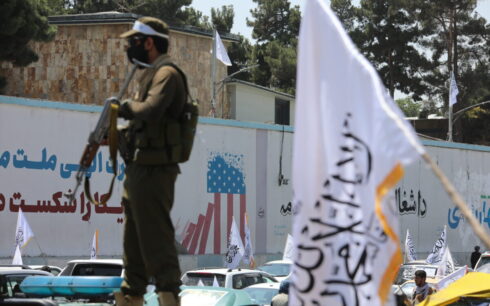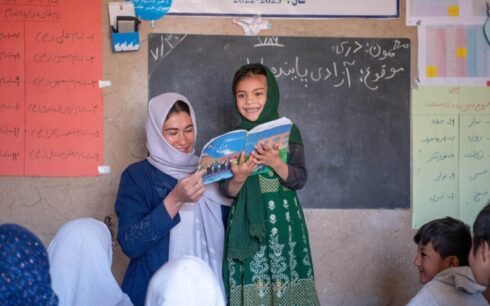As the world marks International Girls in ICT Day, a celebration of the role of girls and women in advancing digital technologies, millions of girls remain banned from attending secondary schools or pursuing higher education in Afghanistan.
The annual observance, designated by the International Telecommunication Union, is being held this year under the theme “Girls in ICT for an Inclusive Digital Future.” The U.N. agency has called on nations to recognize the contributions of women and girls to technology and to foster environments that promote digital inclusion and access.
But in Afghanistan, where the Taliban have ruled since August 2021, the government has continued to enforce strict bans on education for girls above grade six and on women’s attendance at universities. The prohibitions have drawn sustained international condemnation, including from Islamic scholars and governments in Muslim-majority countries, many of whom have called the policy both unjust and inconsistent with Islamic principles.
Despite widespread criticism, the Taliban have not reversed the restrictions — and, in some cases, have expanded them. In recent months, Taliban authorities have reportedly ordered the closure of medical and health education institutes to female students and warned institutions against enrolling women in related academic programs.
The ban has drawn concern not only from rights organizations but also from public health advocates, who warn that excluding women from the healthcare education pipeline will have long-term consequences for Afghanistan’s already fragile medical system.
While Thursday’s global observance highlights the promise of girls’ participation in digital transformation, Afghanistan remains one of the only countries in the world where formal secondary and higher education is closed to most girls and women — a policy that continues to isolate the country diplomatically and deepen its social and economic crises.





